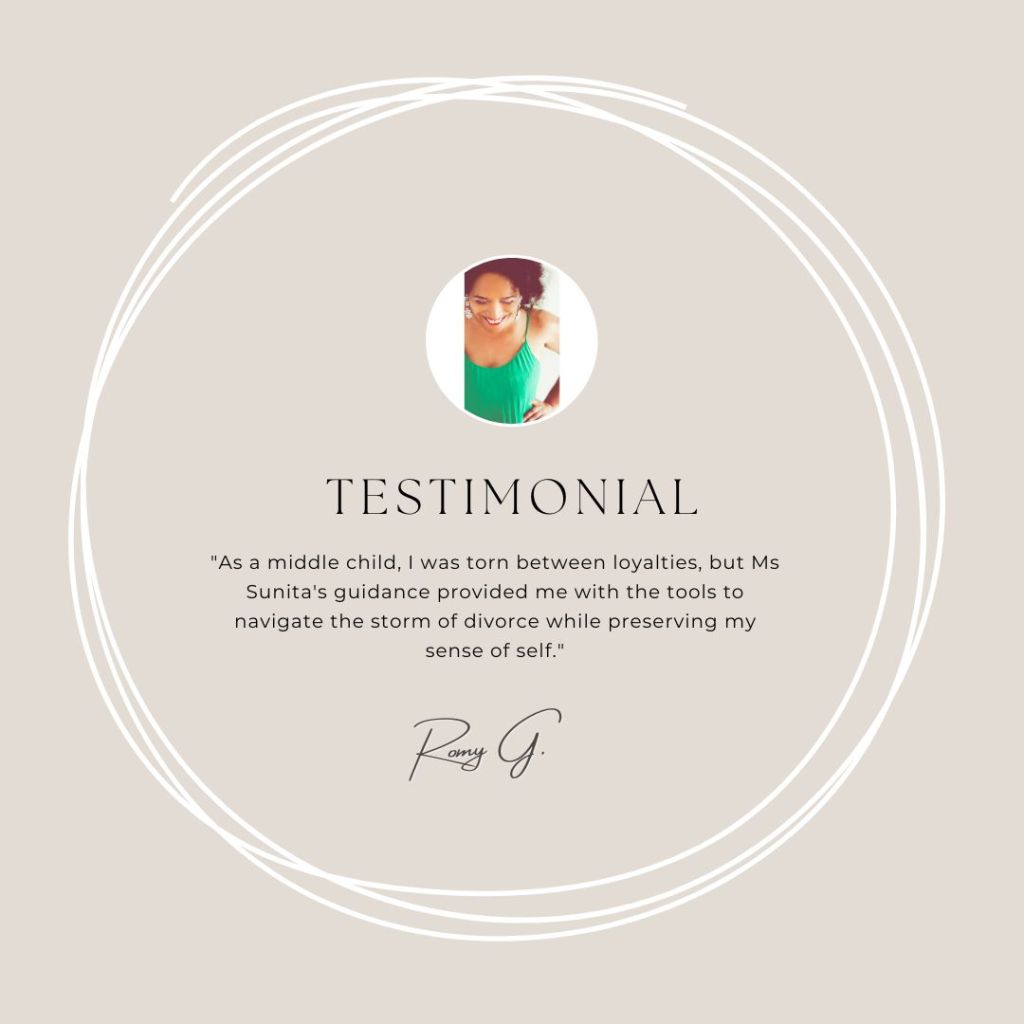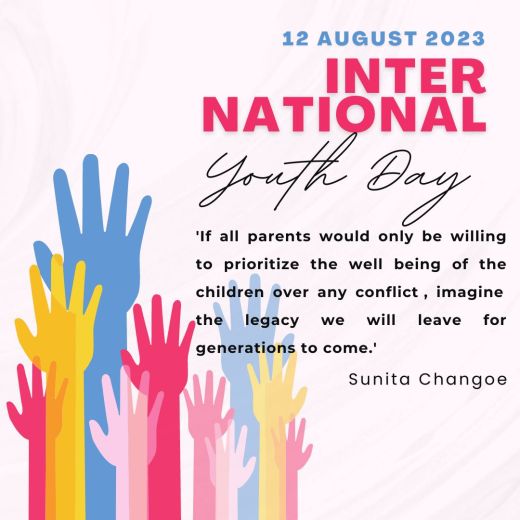Divorce can feel like a rollercoaster ride due to the wide range of emotions and unpredictable ups and downs experienced during the process. Just like a rollercoaster, divorce involves various twists and turns that can leave individuals feeling exhilarated, anxious, scared, and overwhelmed.
Why a divorce can feel like a rollercoaster
1. Emotional Turbulence
Divorce brings forth a flood of emotions such as sadness, anger, fear, and uncertainty. These intense feelings can change rapidly, resembling the emotional ups and downs of a rollercoaster ride.
2. Uncertain Path
Divorce often leads to an uncertain future, much like the anticipation of not knowing what lies ahead on a rollercoaster track. The lack of clarity about the outcome can be daunting and nerve-wracking.
3. Drastic Changes
Divorce involves significant life changes, from shifting living arrangements to financial adjustments. Just as a rollercoaster’s twists and turns alter your perspective, divorce can completely transform your life’s trajectory.
4. Legal Process
The legal aspects of divorce, such as negotiations, court proceedings, and custody battles, can be complex and challenging to navigate. Similar to the loops and corkscrews of a rollercoaster, the legal process can leave you feeling disoriented and dizzy.
5. Co-Parenting Challenges
Co-parenting dynamics can add to the rollercoaster sensation. Balancing communication, decision-making, and shared responsibilities can sometimes lead to unforeseen obstacles and emotional highs and lows.
6. Social Support
Support networks can fluctuate during divorce, much like the sensation of being surrounded by others on a rollercoaster. Friends and family may show varying levels of understanding and involvement throughout the process.
7. Adjusting to Change
Divorce necessitates adjusting to a new normal, similar to the quick changes in momentum on a rollercoaster ride. Adapting to life without your former partner can be a bumpy ride with moments of joy and discomfort.
8. Accepting Loss
Divorce involves grieving the loss of a relationship, much like experiencing the thrilling drops and sudden stops on a rollercoaster. Accepting the end of a marriage can evoke a mix of emotions.
Divorce is a journey that often mirrors the twists and turns of a rollercoaster ride – a whirlwind of emotions, challenges, and unexpected moments. As co-pilots of our lives, we board this rollercoaster with the knowledge that while the journey may be unpredictable, we have the power to steer it toward a path of growth, strength, and renewal.
Challenges
The path of divorce can feel like a rollercoaster for a multitude of reasons. The emotional turbulence can be overwhelming, ranging from heartache to anger, and from fear to uncertainty. Just as a rollercoaster takes us through steep climbs and sudden drops, divorce subjects us to highs of hope and lows of despair. It’s in these moments that we must ask for and rely on help from our support network. A kind word, a listening ear, or a loving gesture can make all the difference.
Finding solid ground
To brave the rollercoaster of divorce with courage and care, we must serve ourselves with self-compassion. Caring for our emotional well-being is as important as caring for our physical health. Establishing solid boundaries and giving ourselves permission to grieve, heal, and rebuild is not only valuable but necessary for sustainable growth. Reach out for professional help if needed; there’s no shame in seeking support when navigating such a monumental life change.
Despite the rollercoaster-like nature of navigating divorce, it’s essential to recognize that, like a rollercoaster ride, it eventually comes to an end. With time, emotional support, and self-compassion, individuals can find stability and rebuild their lives after divorce. Embracing the journey, acknowledging the emotional twists and turns, and seeking help when needed can lead to personal growth and a smoother ride through the process.
In the rollercoaster of divorce, the safety and stability we once relied on might have shifted. However, through patience and empowerment, we can rebuild a new foundation based on loyalty to ourselves and our children’s well-being. Just as a rollercoaster requires a solid structure, our journey through divorce requires responsible decision-making, prioritizing what matters most. It’s in these decisions that we receive the gift of a new beginning – an opportunity to redefine ourselves, embrace our empowered selves, and emerge as even more courageous and generous versions of ourselves.
Food for thought
As you navigate your own rollercoaster of divorce, remember that you have the capacity to turn challenges into triumphs. What steps will you take to create a sustainable and empowered journey that serves as an example of love, courage, and resilience for yourself and those around you? Your story is a valuable contribution to the tapestry of human experiences, and your ability to thrive is a testament to your strength.
Seeking Solid Ground in the Rollercoaster of Divorce? Let’s Navigate Together.
If you’re currently navigating the twists and turns of divorce and feeling like you’re on an emotional rollercoaster, know that you don’t have to ride it alone. As a seasoned mediator and divorce coach, I’m here to offer you a lifeline of support, guidance, and empowerment.
I understand that the challenges of divorce can feel overwhelming, but they’re not insurmountable. With my dedicated guidance, you’ll discover how to set sustainable boundaries, prioritize self-care, and make decisions that align with your values and aspirations.
Let’s transform this rollercoaster into a journey of growth, courage, and resilience. Together, we’ll create a roadmap that leads to stability, empowerment, and a brighter future. Contact me today, and let’s embark on this transformative journey hand in hand.
Remember, the rollercoaster of divorce is just one chapter of your story. With the right tools and support, you can navigate it with strength, grace, and the promise of a new beginning.
About Sunita Changoe
Sunita Changoe is the owner of Tara Mediation. Tara Mediation guides couple who are considering a divorce or separation, couples who have decided to divorce and already divorced individuals. For these individuals Tara Mediation provides the workshop ‘Claim your spot! – from partner to single’. More information www.taramediation.com
For more information about Tara Mediation, interview requests or images you can contact Sunita Changoe by phone: +31 (0)6 8100 6515 or e-mail: su.changoe@taramediation.com Also visit the website: www.taramediation.com
Would you like to use this article for a magazine, newsletter or on a website?
That is possible, provided that the following information with an active link to the website mentioned is included: “By Sunita Changoe from Tara Mediation. For more information visit her website: www.taramediation.com.”
The love languages I love to communicate with are being of service and spending quality time. This is why I love spending time writing articles to help people navigate divorce with care. If you appreciate my work please do express your appreciation in the love languages of words of affirmations (compliments) and / or of gifts.
Brighten up my day: follow, subscribe, share or donate. Every quarter I pick a different charity.
Make a one-time donation
Choose an amount
Or enter a custom amount
Your contribution is appreciated.
Donate

















